This is our weekly roundup of good news from around the world. If you'd like to get this in your inbox, you can subscribe for free below.
Hope Is A Verb
Meet Jess Wade, an experimental physicist in London who has written almost 2,000 Wikipedia biographies for unrepresented female and minority scientists in order to encourage more diversity in STEM. In our latest edition of the podcast, we spoke to Jess about what inspired her to use Wikipedia as a platform for change, and the power of a single entry to create global ripples. She shares her passion for combining science and engineering with the creative arts and why celebrating women is key to a more equitable future. We loved this conversation–her passion and enthusiasm are infectious.
Good news you probably didn't hear about
The Gates Foundation just announced $550 million for trials of a new TB vaccine covering 26,000 people in 50 sites in Africa and SE Asia. This is a big deal–tuberculosis is the deadliest infectious disease on the planet. It killed 1.6 million people last year, and the only vaccine we have is over a century old. A new vaccine would instantly become one of the most important medicines in existence. WaPo
The WHO has certified Belize as free of malaria, after a 70-year-long effort to eradicate the disease. It's the third country to be awarded a malaria-free status in 2023, and the fourth country in the Americas and the second in Central America to be certified malaria-free in the last five years. WHO
Australia has become the first country in the world to classify psychedelics as medicines at a national level, approving their use to treat some mental health conditions. Registered psychiatrists can now prescribe MDMA to those suffering post-traumatic stress disorder and psilocybin for some types of depression. Nature
Patients are desperate for something new. These drugs represent a new way of treating things, a kind of paradigm shift in psychiatry.
Celia Morgan, Professor of Psychopharmacology, University of Exeter
The Indian state of Karnataka has made bus travel free for all women. The response has been a tidal wave of smiling women laying siege to buses. In the first nine days of the scheme, more than 40 million women climbed aboard. The policy could be life-changing–in India’s patriarchal culture, one way of controlling women’s movement is by denying them money. Guardian

Nepal's Supreme Court has issued an order clearing the way for same-sex marriage for the first time in the largely conservative country. Although discrimination has been outlawed since 2007, there has been no legislation governing marriage until now. LGBTQ activists are hailing it as a 'historic decision.' Reuters
Government spending on education in the Philippines has increased to 3.7% of GDP, up from only 2.3% a decade ago, and the World Bank has just funded a new program to bring digital resources and radio and TV programs to nearly two million elementary school students and over 60,000 teachers in rural and remote areas.
In 2017, Malawi launched a program to improve the quality of care provided to newborns and their mothers. It worked. The maternal mortality ratio fell from 439 to 381 per 100,000 births between 2017 and 2020, and one hospital on the outskirts of Blantyre reduced maternal and neonatal mortality by more than 50% between 2017 and 2022. WHO
The US Pregnant Workers Fairness Act has gone into effect. All employers are now legally required to give pregnant workers lighter duties, extra breaks and time off for medical appointments. The measures also apply to childbirth recovery, abortion care, morning sickness and postnatal depression, benefiting an estimated 3 million people a year. Why isn't it front page news? Take one guess. NBC
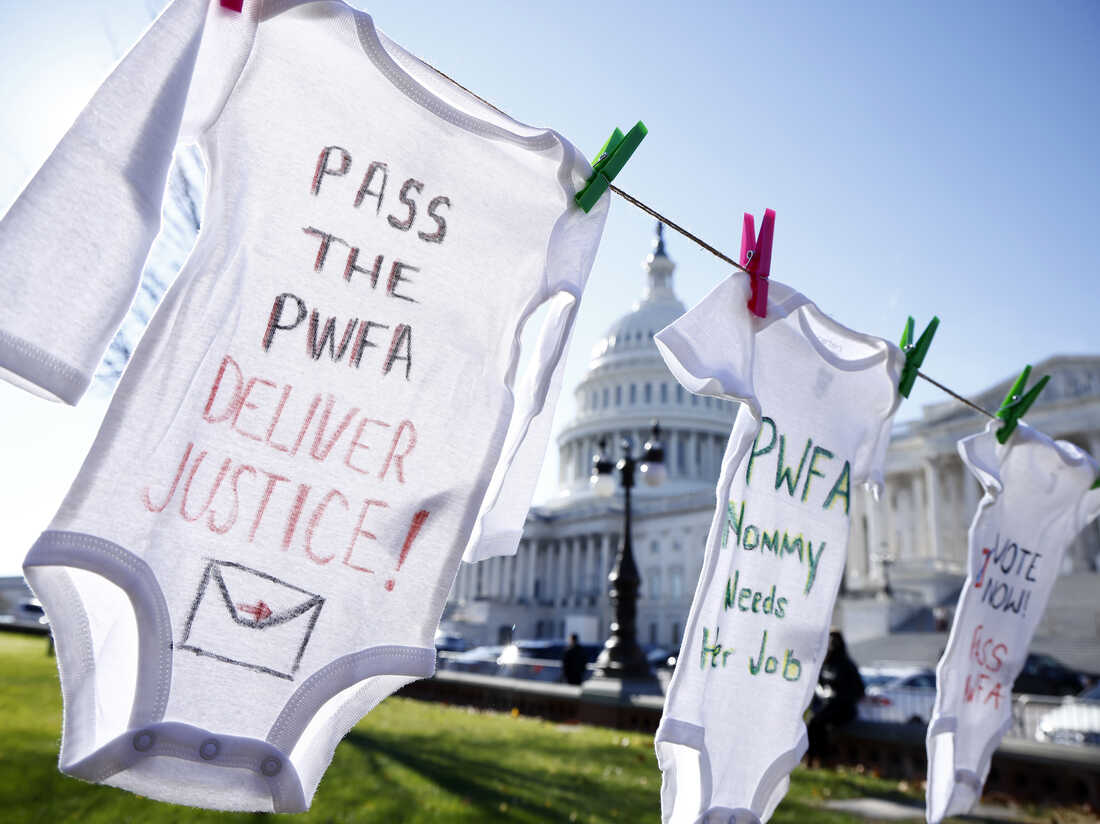
Togo has expanded its social safety net to provide cash transfers to all of its extreme poor (1.8 million people) and provide emergency response funds for 250,000 households, with a focus on women in order to boost their resilience and to break intergenerational cycles of poverty. By 2029, the program aims to lift 1.24 million people out of poverty. Mirage
Nairobi is launching the largest school lunch program in Africa this August, providing 400,000 daily meals for children in 225 schools. It's part of a wider push by the Kenyan government, which is expanding its national meals program from 1.6 million t0 4 million children. This will make a huge difference in a country with one of the world's highest stunting rates. Africa News
Mexico City is the largest city in North America. In 2018, only 7% of its 9 million residents considered it a safe place to live. Since then, the city has reduced high-impact crime by more than 50% with the help of a new open data policy, and the proportion of residents who consider it a safe place to live has risen to 43%. WEF
The US murder rate has fallen by 10-12% this year. So far, the only coverage from mainstream media has been an article in The Atlantic and a mention in the New York Times newsletter. Can you imagine the attention this would have received if the trend had been in the opposite direction? A reminder that 'the news' doesn't tell you what's happening in the world, it tells you what is going wrong.

In case you missed it...
This meant a lot to us, thank you Steven.

Even more good news you probably didn't hear about
David Wallace-Wells says we're entering a new golden age of medicine. Earlier this year Ghana became the fourth country in Africa to eliminate sleeping sickness. The myth that men hunt while women stay at home is entirely wrong. Supply chains are back to normal, and there's even some spare capacity, so why aren't we hearing more about it? How Israel, a heavily armed country, dramatically reduced suicides in its armed forces. Kosovo, one of Europe's poorest countries, has made high -speed internet available to everyone in less than five years. The number of trained health workers in Africa has risen from 130,000 to almost 2 million in the last year. Remember the Ice Bucket Challenge? It's dramatically accelerated the fight against Lou Gehrig’s disease.
The only home we've ever known
When asked if I am pessimistic or optimistic about the future, my answer is always the same: If you look at the science about what is happening on earth and aren’t pessimistic, you don’t understand data. But if you meet the people who are working to restore this earth and the lives of the poor, and you aren’t optimistic, you haven’t got a pulse. What I see everywhere are ordinary people willing to confront despair, power, and incalculable odds in order to restore some semblance of grace, justice, and beauty to this world ~ Paul Hawken
Global Fishing Watch has created the world’s first real-time public map to revolutionise global ocean management. The open source technology uses AI and satellite data, allowing experts and watchful citizens to pinpoint destructive activity. 'There seems to be a realization that things have to change. Now … people have the tools they need to enact it.' Good Good Good
After a 150-year absence, wild bison are roaming Montana again, marking the first time a sovereign Indigenous nation has returned bison back to their native habitat. The woolly beasts have also been reintroduced in North Mexico, grazing the grasslands of the Coahuila reserve to regenerate the vegetation that helps capture carbon.
You have bison, you have grasslands; you have grasslands, you have carbon in the soil. You lose the bison, and you start to lose the grasslands.
Jim Matheson, U.S. National Bison Association
New Zealand is on a roll. This week, it became the first country to ban plastic bags used for loose fruit and vegetables in supermarkets, a move that will reduce waste by a further 150 million bags per year. Meanwhile, conservation efforts to save native bird life are ramping up with a plan to exterminate predators like rats by 2050. BBC
Indonesia and Malaysia have cut deforestation by more than half in recent years. Across both countries, average yearly forest loss fell dramatically between the years 2015-2017 and 2020-2022, with Indonesia seeing a 64% decline and Malaysia a 57% decline. Yale360
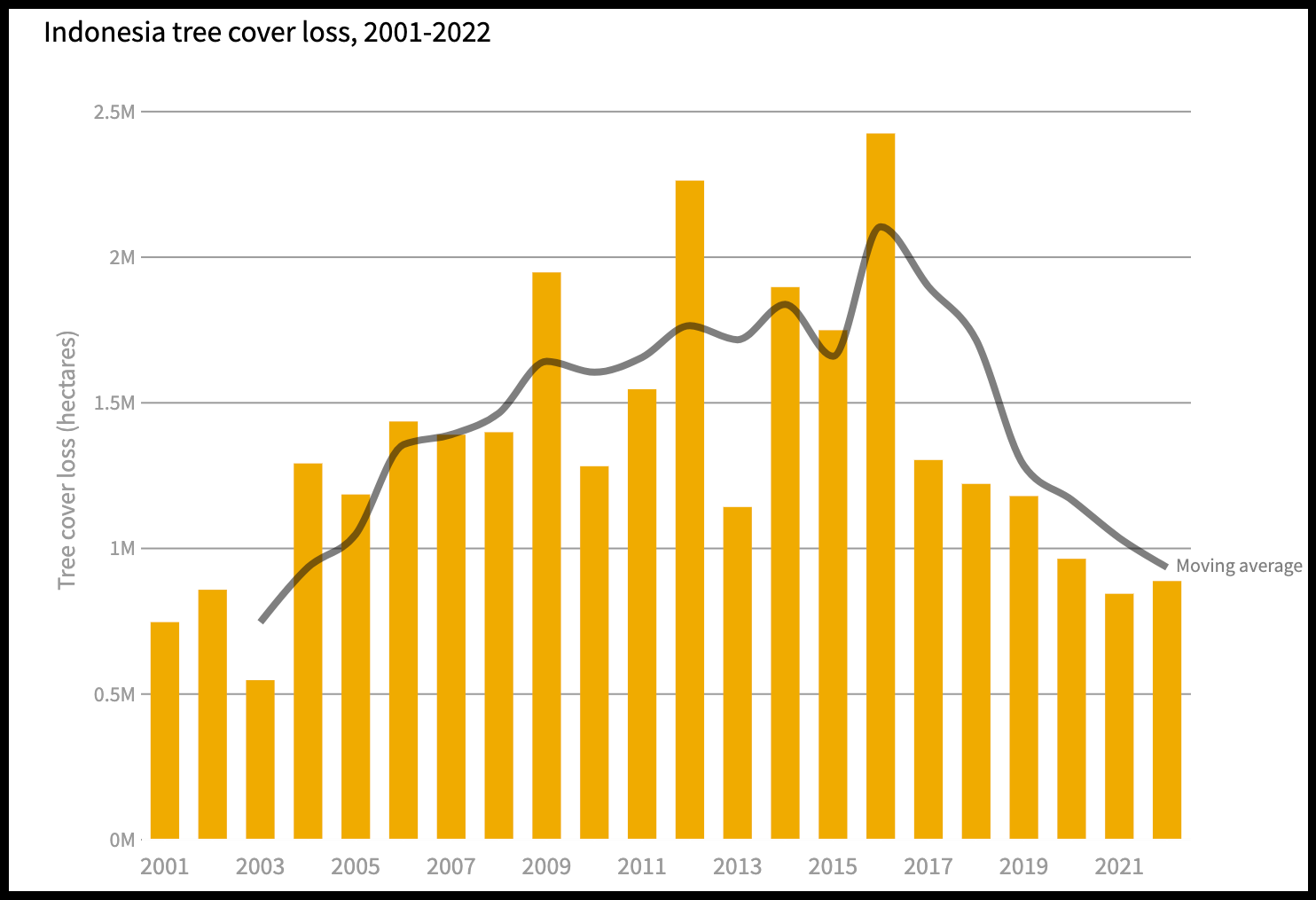
The US Department of the Interior has revised regulations to improve endangered species protection by allowing more flexibility in relocating species to suitable habitats beyond their historical ranges. The changes are expected to improve conservation efforts and prevent extinctions, supporting the recovery of imperilled species. Clean Technica
3M has agreed to a historic $10.3-billion settlement over its use of PFAS, or 'forever chemicals,' linked to major health issues and found in municipal drinking water supplies. The settlement, one of the largest of its kind in history, will fund the clean-up process, benefiting an estimated 1 in 20 Americans. Grist
Colombia has expanded its Cuchilla del San Juan protected area by 45,994 acres, bringing the total size to 73,272 acres. Located in the northern Colombian Andes at the meeting of two of the world’s greatest biodiversity hotspots, the expansion helps safeguard the habitats of over 100 endemic species and protect water sources for thousands of people. Andes Amazon Fund
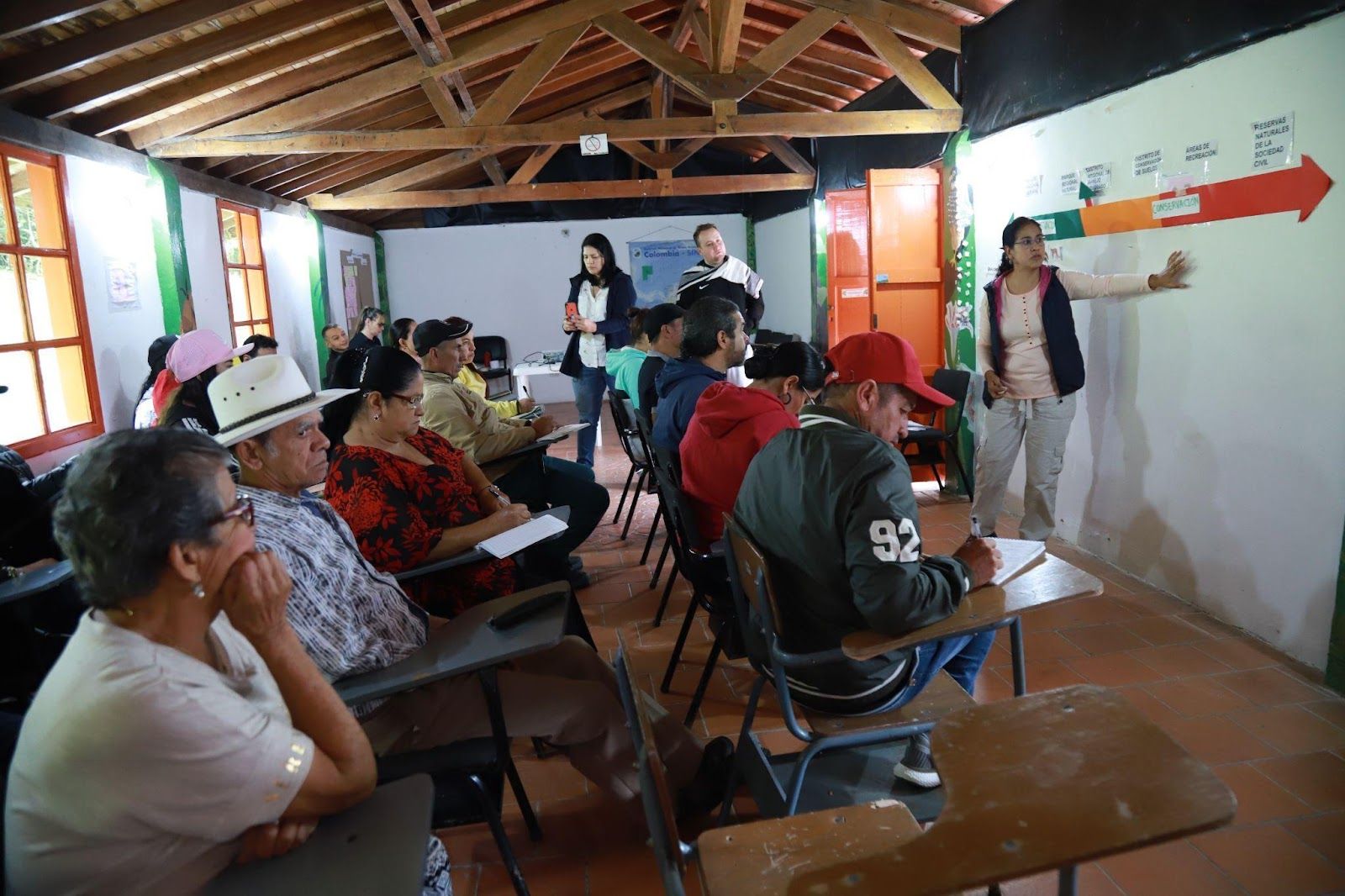
Catholic nuns have helped a group of women from the Shinnecock, an Indigenous tribe in Long Island, establish a kelp farm to clean up pollution in their shared bay. The unique collaboration is working. Since the project started in 2019, there has been an increase in scallops, clams, seahorses and other marine species. Guardian
Populations of the endangered large heath butterfly are now flourishing in northwest England after being reintroduced to restored peatlands in 2020. Wildlife experts said they are optimistic about the species, which is 'breeding strongly.' BBC
After years of behind-the-scenes work by animal rights activists, a bill has finally been introduced in South Korea that seeks to eliminate the dog meat industry by outlawing the breeding and slaughter of dogs for human consumption, prohibiting the sale of dog meat, and providing support for dog farmers to transition to alternative businesses such as water delivery or chilli plant cultivation. World Animal News
A century ago, sea otters in the United States were hunted nearly to extinction for their extraordinary fur coats. Since they became a protected species under the Endangered Species Act in 1977, their numbers have rebounded to about 100,000, and populations of southern sea otters are recovering too, albeit more slowly.
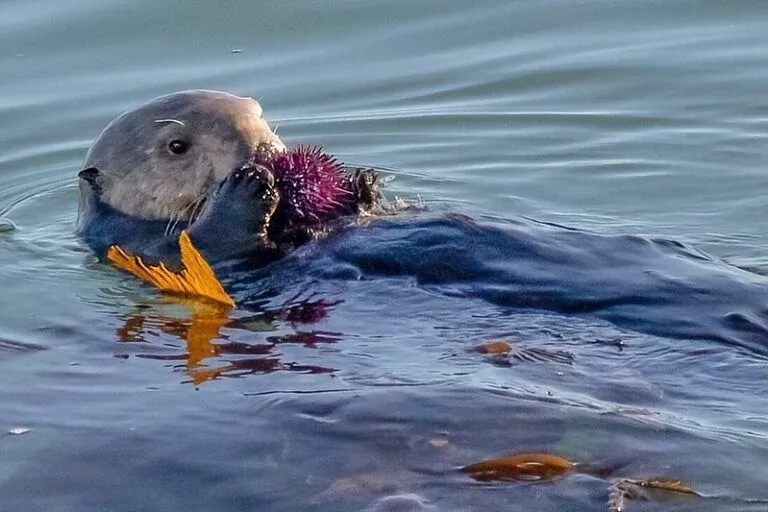
After 15 years of restoration, the Dundreggan Rewilding Centre in Scotland is welcoming visitors to its 'world first' purpose-built accommodation. It’s worth a visit–the 4,047-hectare site is home to 4,000 species of plants and animals including rare globeflowers, red squirrels and golden eagles that have returned after a 40-year absence. Guardian
Secret networks of rogue rewilders across Europe are releasing threatened species back into the landscape to speed up the restoration of ecosystems. Among them are the 'boar bombers,' 'butterfly brigade' and 'beaver black ops,' who have contributed to bringing the beaver back from the brink to an estimated population of 1.5 million today. Coda
Centuries of overgrazing and deforestation have eliminated most native flora in Ireland, but a growing rewilding movement now aims to change that. 'At least one species has returned every year since we started. Pine martens. Red kites. Corncrakes. Peregrine falcons. Kestrels. Stoats. Woodpeckers. Otter. We think there’s salmon in the river again, for the first time in my life.' NYT
A temperate rainforest–a magical, wildlife-rich place of mosses, lichens and ferns–is being planted in the south of England. The rainforest will sit within a larger site where multiple other regenerative projects are taking place. The name Dart 'derives from the Celtic for "oak", so it’s very apposite that one of the first rainforest restoration projects should be to help restore Atlantic oakwood to the valley of the Dart.'
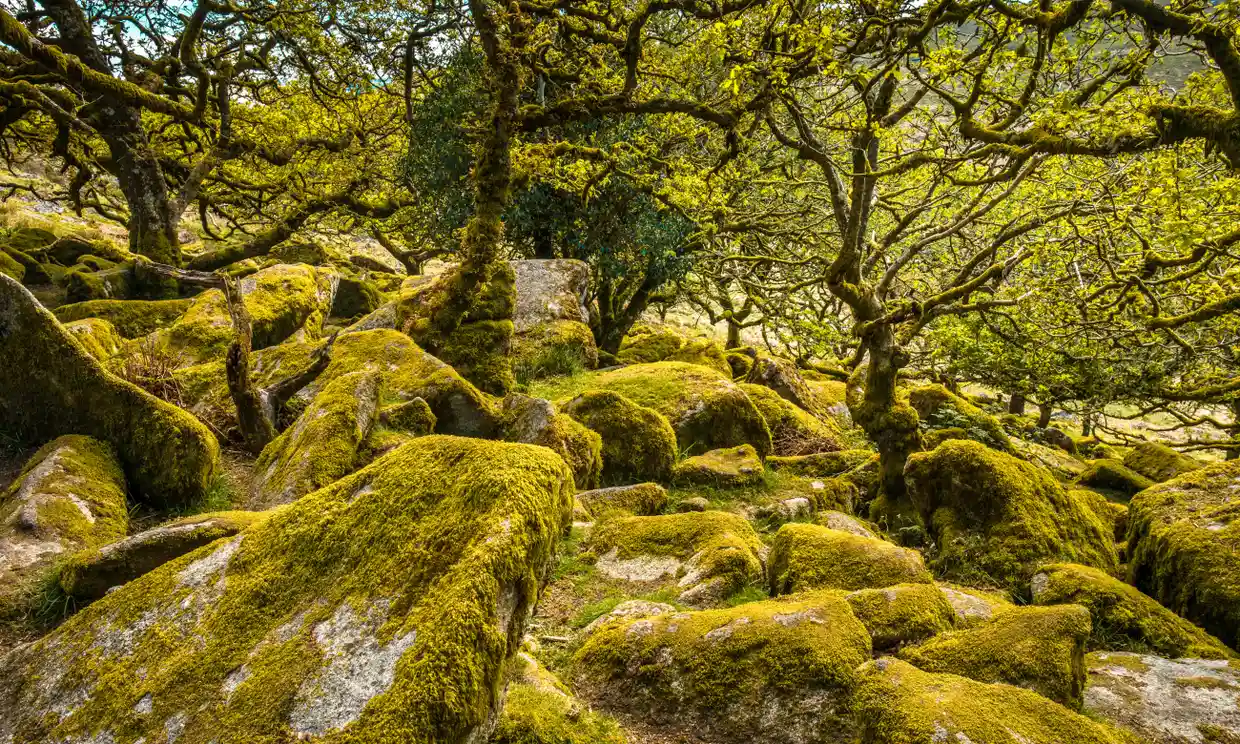
That's it for this week, thanks for reading. We'll see you next week, same place, same time.
With love,
Gus and Amy





